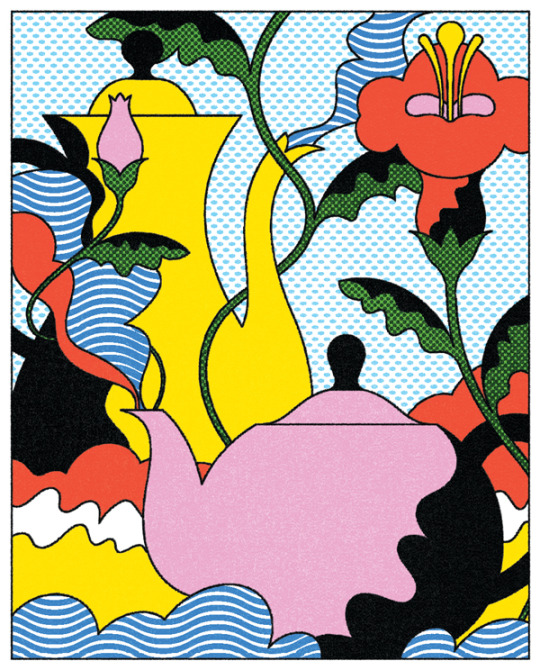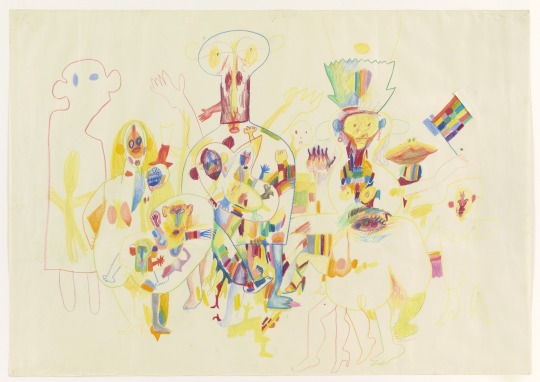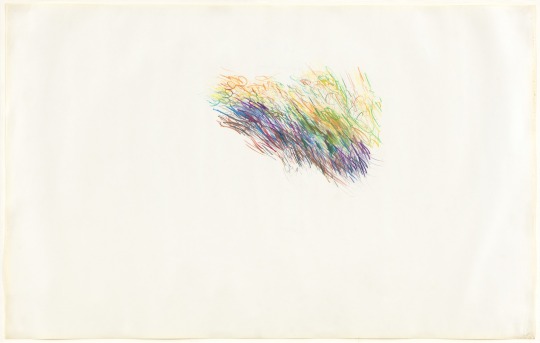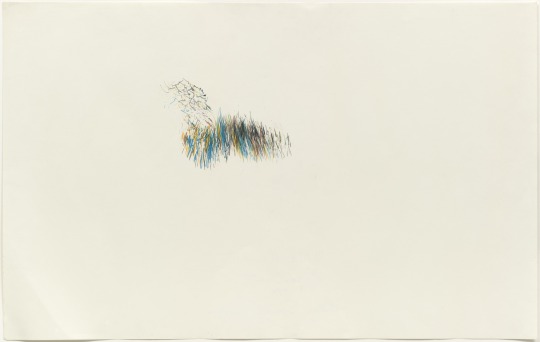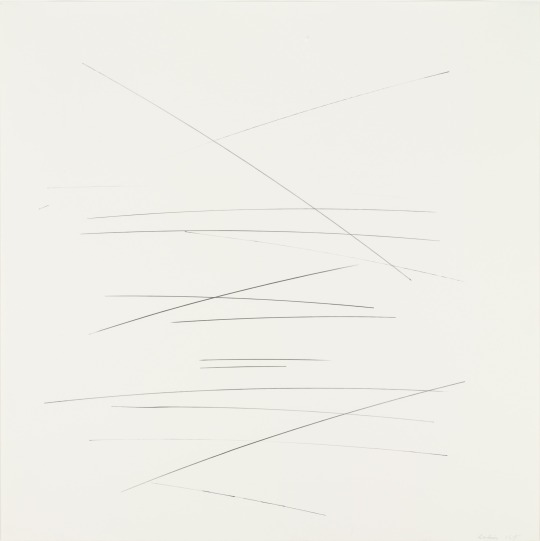Photo
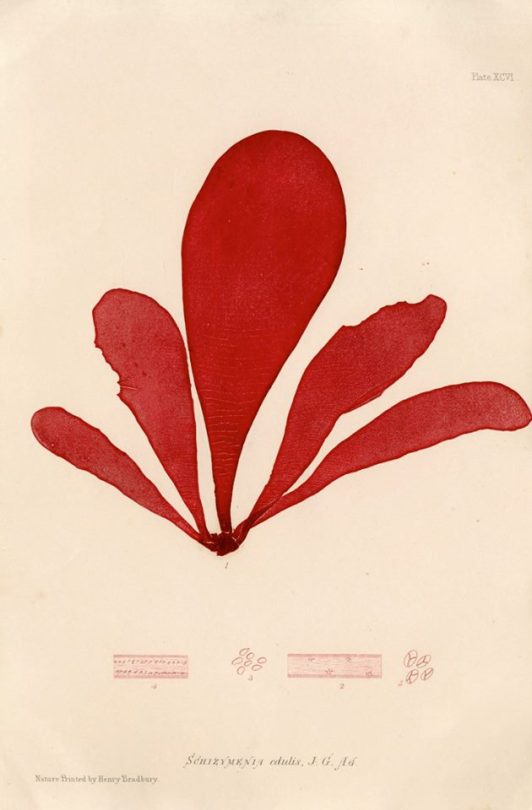
Henry Bradbury ,Schizymenia edulis de British Sea-Weeds 1859
706 notes
·
View notes
Link
0 notes
Quote
“Well, what is your solution?” is a common response to political critique. It is not a vernacular; it is, in a way, an anti-vernacular.
“What is your solution?” masquerades as an invitation to participate in a public process, to take part in a collective process in which every voice matters. The “your” is supposed to be democratizing, removing barriers of age, education, and privilege; everyone is welcomed to provide solutions. But the invitation is disingenuous. It diminishes the importance of local, situated knowledges accumulated through experience, training, and research, as well as devaluing expertise gained through research and reflection. Institutional memory—memory from experience and practice and training and research—will be deemed unimportant: One is simply encouraged to provide a “solution,” no matter one’s knowledge base or training.
“What is your solution?” never asks “you” to consider institutional memory and never encourages “you” to imagine that it can think and act with others. Instead, this “you” is atomized, transformed into an isolated solution-provider. “What is your solution?” refuses the possibilities of coalition and collective action.
“What is your solution?” tethers political possibilities to state imaginaries and practices, shepherding us into addressing the state on its own terms. One must learn the state’s languages and processes to engage it; one must learn to be legible on the state’s terms to engage the state. And this is what those asking “what is your solution?” are demanding: that one become fluent in and legible to state-tethered imaginaries. “What is your solution?” is the tethering mechanism, one that does not permit any thinking outside of state imaginaries. And your legibility before the state will be predicated on your fluency in state processes. You will be understood so long as you repeat that which has become habitual.
We need political vernaculars: We need terms that are widely understood and that we can use to build collectivities, to create sharable worlds, to make demands, and to name and fight injustice.
We also need political vernaculars untethered to state imaginaries.
http://thenewinquiry.com/essays/political-vernaculars-freedom-and-love/
0 notes
Link
“I try to think about love as a question without (thanks W-Shakes) an ever-fixèd mark; instead, the question moves love outwards to an ever-widening field, flowing back to an ever-stronger centre.If love is the question, it is not a quest for an answer. If love is a question, it is asked together.”
0 notes
